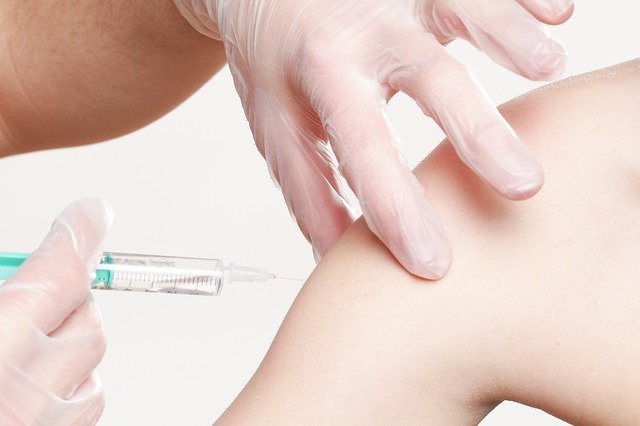At Medical Pharma News, we’ve been observing how scientific advances are providing much-needed hope during the COVID-19 pandemic. This special feature discusses the recent progress of vaccine clinical trials and other ways researchers hope to combat the new coronavirus.
First volunteers enter UK vaccine trial
On 23 April, Oxford University announced the launch of the UK’s first human trial for a SARS-CoV-2 vaccine.
Researchers expect the trial to involve about 1,100 volunteers, half of whom will receive the actual experimental vaccine, while the other half will receive a meningitis vaccine, acting as controls. Participants will not know which of the two they have received.
The experimental vaccine should stimulate the immune system to recognize and react to the SARS-CoV-2 tip protein, allowing it to enter and infect healthy cells.
A week ago, the first two volunteers received the inoculation. Both are scientists who were interested in contributing in some way to efforts to combat the new coronavirus.
EU validated antibody test
In addition to efforts to find an effective way to prevent SARS-CoV-2 infections or treat COVID-19, the disease that causes the virus, scientists have also worked something else.
Around the world, researchers have been looking for accurate, safe and effective methods to evaluate people for antibodies against the new coronavirus, a marker that means they have overcome a SARS-CoV-2 infection.
It seems that such a test could soon be reaching at least some countries in Europe. According to recent reports, the European Union (EU) has now certified an antibody test produced by Abbott Laboratories as safe to use.
The test detects the presence of the IgG antibody, which emerges when an infection is decreasing and remains present for a while after it has been removed.
According to the manufacturer, this antibody test “demonstrated specificity and sensitivity of more than 99% 14 days or more after symptoms began.”








